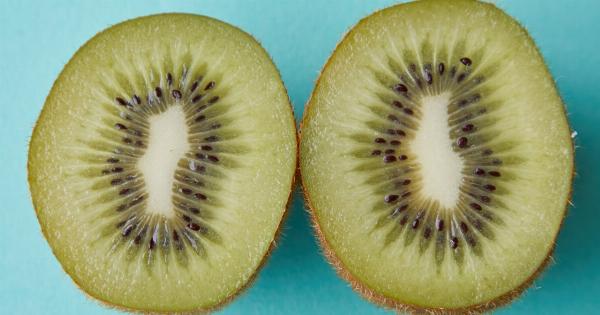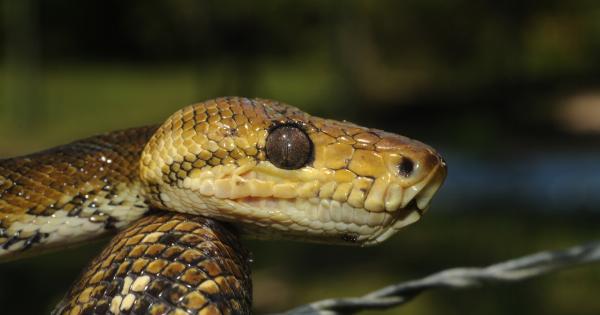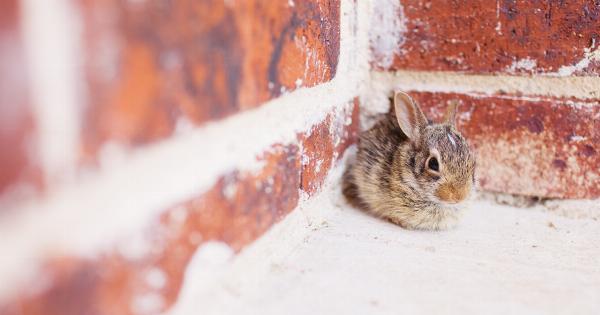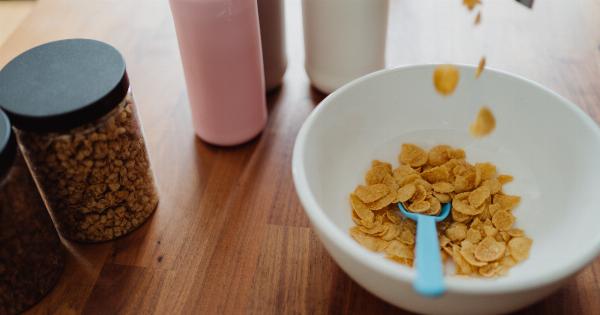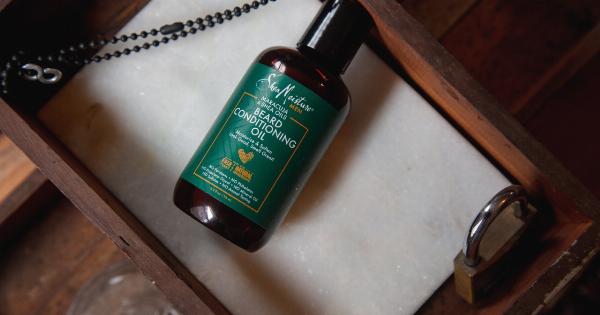An itchy scalp can be a bothersome and uncomfortable condition to deal with.
There are various reasons why people might suffer from an itchy scalp, including scalp irritation, dryness, dandruff, or in some cases, a more serious underlying medical condition. In this article, we will highlight some of the main reasons behind an itchy scalp and discuss possible treatments and prevention methods.
1. Scalp Irritation
Scalp irritation can be caused by the use of harsh hair products, scalp psoriasis, eczema, or contact dermatitis. This is often accompanied by redness, inflammation, and itching.
Regular use of styling products containing alcohol can strip the scalp of natural oils leading to a dry, irritated scalp, which in turn leads to itching.
To prevent scalp irritation, ensure you use hair care products specifically formulated for your hair type and skin concerns.
Avoid applying hair products excessively close to the scalp and avoid using harsh chemicals, artificial fragrances, and sulfates. Incorporating natural oils such as coconut oil, tea tree oil, lavender oil, and peppermint oil can help soothe an irritated scalp.
2. Dry Scalp
Dry scalp is a common cause of itchy scalp, which can occur due to various reasons such as dehydration, exposure to extreme temperatures, poor scalp hygiene, washing too often and using hot water.
Dryness can be exacerbated by using harsh, chemical-laden products or styling tools.
To prevent dry scalp and manage itchiness, ensure you hydrate your body by drinking enough water, avoid overwashing your hair, and use gentle shampoos that contain natural oils to keep hair and scalp moisturized.
Regular use of natural oil treatment can help combat itchiness associated with dry scalp.
3. Dandruff
Dandruff is a common scalp condition that affects millions of people worldwide. It is characterized by the overgrowth of yeast on the scalp, leading to itchy, flaky, red patches. The flakes can sometimes be visible on your shoulders and clothing.
To manage dandruff, wash your hair regularly using an anti-dandruff shampoo. Ensure you leave the shampoo on for at least five minutes for maximum effectiveness. Avoid using hot water when washing your hair, and pat dry gently.
If the dandruff is severe, it may require prescription-strength shampoos or medicated creams.
4. Lice and Nits
Lice and nits infestations cause incessant itchiness, and it can be challenging to identify the problem. They are small parasites that feed on the scalp’s blood and live in hair shafts.
They spread through close contact and sharing of items like combs, hats, pillows among others. They are more common in children, but adults can suffer from them too.
To treat head lice infestations, medicated shampoos and conditioners are effective. Combining the shampoo with nit combing can help get rid of the lice and their nits, which are the eggs they lay.
Prevent future infestations by avoiding sharing items and treating affected persons at the earliest signs of infestations.
5. Ringworm
Ringworm (Tinea Capitis) is a fungal infection that affects the scalp causing scaly, itchy patches, and hair loss. It is highly contagious and can spread through sharing hats, combs, and brushes.
To treat ringworm, medicated shampoos, creams, and antifungal medication are the most effective treatments. It is best to consult with a medical professional to diagnose and recommend treatment if you suspect ringworm infection of the scalp.
6. Folliculitis
Folliculitis is the inflammation of hair follicles caused by bacteria, fungi, or other microbes. It leads to itchy, raised bumps on the scalp and hair loss.
It can be caused by improper hair removal techniques, sweat, oil, or dirt buildup, or weak immune systems.
Treatment involves the use of medicated shampoo and creams containing antibacterial agents. Ensure you maintain proper hygiene when washing your hair and keep hair combs and brushes clean and disinfected.
If the condition persists, seek medical attention to determine the underlying cause and prescribe the best treatment plan.
7. Seborrheic Dermatitis
Seborrheic dermatitis is a common inflammatory skin condition that affects the scalp, causing red, itchy, and flaky patches. While it is not contagious, it can be uncomfortable for those affected.
To treat seborrheic dermatitis, medicated shampoos, and ointments containing antifungal agents can help control the condition. You should also avoid skin irritating products and harsh chemicals and ensure you maintain proper scalp hygiene.
8. Scalp Allergies
Some people may experience scalp allergies due to allergies to certain hair care products, food, medication, or environmental factors like dust or pollen. This can cause irritation, redness, itching, and even hair loss.
If you suspect an allergy is causing your itchy scalp, it is best to seek medical attention to diagnose and recommend treatment, such as antihistamines or immunotherapy.
You should also avoid exposure to the allergens causing the reaction and use hypo-allergic hair products.
9. Hormonal Causes
Changes in hormone levels can lead to an itchy scalp, particularly in women going through menopause or pregnancy. Hormonal imbalances affect the scalp’s sebaceous glands, leading to increased itchiness and dryness.
To manage hormone-induced itchiness, practicing proper scalp hygiene and using hair care products containing natural oils can help keep the scalp moisturized and itch-free.
If the dryness and itchiness persist, hormone replacement therapy or medication may be necessary, and it is best to consult a medical professional.
10. Stress
Stress can have an impact on the body’s immune system, including the scalp, leading to various scalp issues like dryness, itchiness, and hair loss.
To alleviate stress-based itchiness, regular stress management relaxation techniques like meditation, yoga, and exercise can help calm the mind and relieve tension.
A healthy diet and getting enough restful sleep are also good for overall wellbeing and scalp health.
Conclusion
Itching of the scalp can have various underlying causes, from minor irritations like scalp dryness and dandruff to more serious conditions like infections, allergies or hormonal imbalances.
To effectively manage an itchy scalp, it is crucial to identify the cause and practice good scalp hygiene. Use specially formulated hair care products containing natural oils to soothe and moisturize your scalp, and consult a medical professional if the problem persists.






